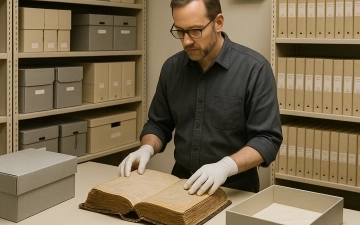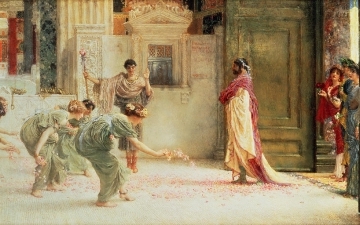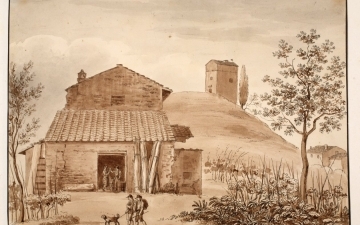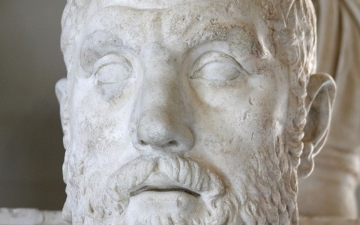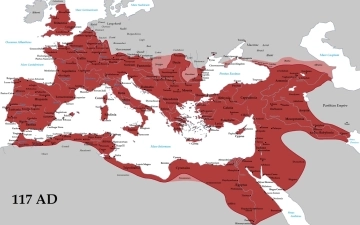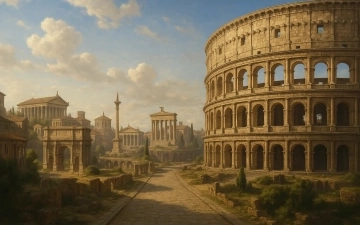Septimius Severus: The General Who Became Emperor and Reformed the Roman Empire
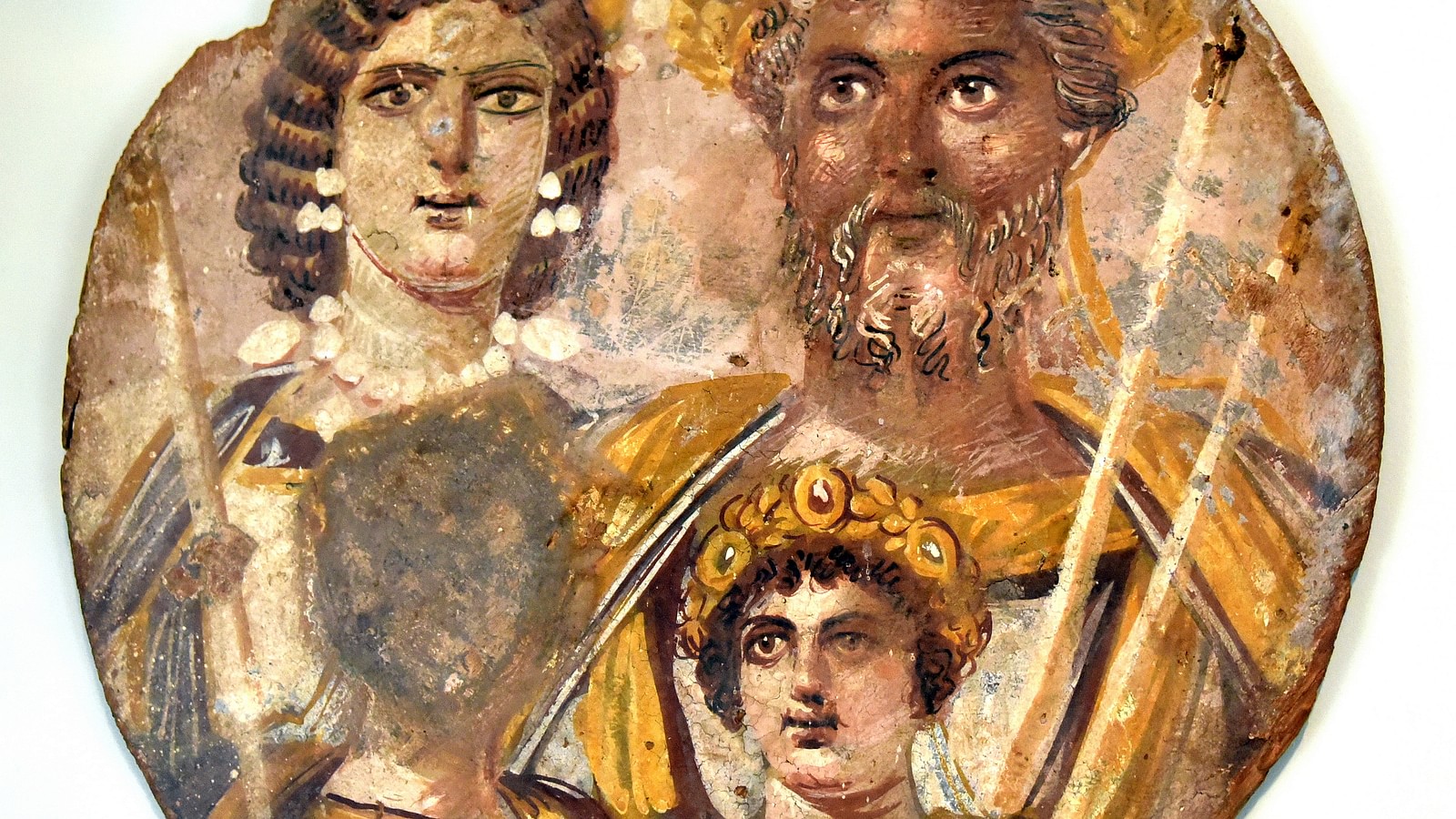
The tumultuous period following the assassination of Commodus saw a rapid succession of emperors, each vying for power in a chaotic political landscape. Among these contenders, Septimius Severus emerged as the ultimate victor. A seasoned general with a reputation for military prowess and political acumen, Severus proved to be a formidable leader who would leave a lasting impact on the Roman Empire.
Born in Lepcis Magna, a Roman colony in North Africa, Severus rose through the ranks of the Roman military. His experience on the frontiers of the empire provided him with invaluable insights into the challenges facing Rome. When the opportunity arose to challenge the illegitimate reign of Didius Julianus, Severus seized the moment. With a loyal army and a clear vision for the empire, he marched on Rome and swiftly deposed the usurper.
Upon securing the imperial throne in 193 AD, Severus embarked on a program of extensive reforms aimed at restoring order and stability to the empire. One of his primary focuses was the military. Recognizing the importance of a strong army, he implemented a series of reforms to improve recruitment, training, and equipment. He increased the size of the legions, raised soldiers' pay, and provided better care for veterans. These measures helped to create a more professional and loyal military force.
Severus also undertook a comprehensive overhaul of the civil administration. He replaced corrupt officials with loyal supporters and introduced new financial policies to bolster the imperial treasury. His efforts to streamline the bureaucracy and improve efficiency were instrumental in restoring confidence in the government.
Foreign policy was another key area of focus for Severus. He embarked on a series of military campaigns to secure the empire's borders. In the east, he successfully repelled Parthian invasions and expanded Roman territory. In the west, he solidified Roman control over Britain and strengthened defenses against potential threats.
Despite his successes, Severus' reign was not without its challenges. The empire faced economic difficulties, and there were growing tensions between the Roman elite and the increasingly powerful military. Nevertheless, Severus managed to maintain control and preserve the empire's stability.
One of Severus' most enduring legacies is the Severan dynasty, which continued to rule Rome for nearly half a century after his death. His sons, Caracalla and Geta, succeeded him as co-emperors, although their relationship was marked by rivalry and ultimately tragedy.
Septimius Severus was a complex figure. A ruthless military leader, he was also a shrewd politician and capable administrator. His reign marked a turning point in Roman history, as the empire transitioned from a period of crisis to one of relative stability. While challenges remained, Severus' reforms laid the foundation for the continued survival of Rome for centuries to come.
Related Posts
Organizing Archival Gear for Museums and Collectors
Proper archival care of equipment is necessary for collectors and museums to conserve valuable artifacts and records. Proper categorization, storage, and environmental control help maintain collections whole and durable. The implementation of proper archival care practices ensures historical materials are preserved and can be made accessible to future generations. Historical Note: preservation...
Read MoreCaracalla: The Emperor of Bloodshed and the Architect of Roman Citizenship
Caracalla, son of the formidable Emperor Septimius Severus, is a complex and contradictory figure in Roman history. Often remembered for his brutality and paranoia, he is equally renowned for one of the most far-reaching edicts in Roman law. His reign was marked by a tumultuous blend of violence and reform. Shortly...
Read MoreSeverus Alexander: The Emperor Who Faced Down Crisis and Attempted to Restore Order
Severus Alexander, often overshadowed by the more flamboyant and controversial emperors who preceded him, was a ruler who ascended to the imperial throne at a time of profound crisis. His reign, while ultimately brief, was marked by a determined effort to restore order and stability to the Roman Empire. Grandson of...
Read MoreMacrinus: The First Equestrian Emperor and His Brief Attempt to Stabilize Rome
Opilius Macrinus, an unexpected figure in the annals of Roman history, ascended to the imperial throne in 217 AD after the assassination of Caracalla. Unlike his predecessors, who hailed from the senatorial aristocracy, Macrinus was an eques, a member of the equestrian order, a social class traditionally associated with business...
Read MoreA Journey Through Time: Mapping Ancient Rome and Jerusalem
For centuries, Rome and Jerusalem have captivated historians and travelers alike. These two powerful cities, though geographically distant, were intertwined throughout much of their ancient history. But how close were they? Let's explore maps depicting these ancient cities and their respective empires. The Mediterranean World: A Roman Sea During the height of...
Read MoreMajestic Ancient Rome: Unveiling the Timeless Splendor of Ancient Roman History Architectural Marvel and Colosseum
Introduction The history of Rome is an intricate weave of power, culture, and art. It gives ample narratives ever since the rise of the Roman Republic until the Empire Era Greco-Roman civilization is captivating for the world, historians and travelers as well. In this article we tell the story of...
Read More

















